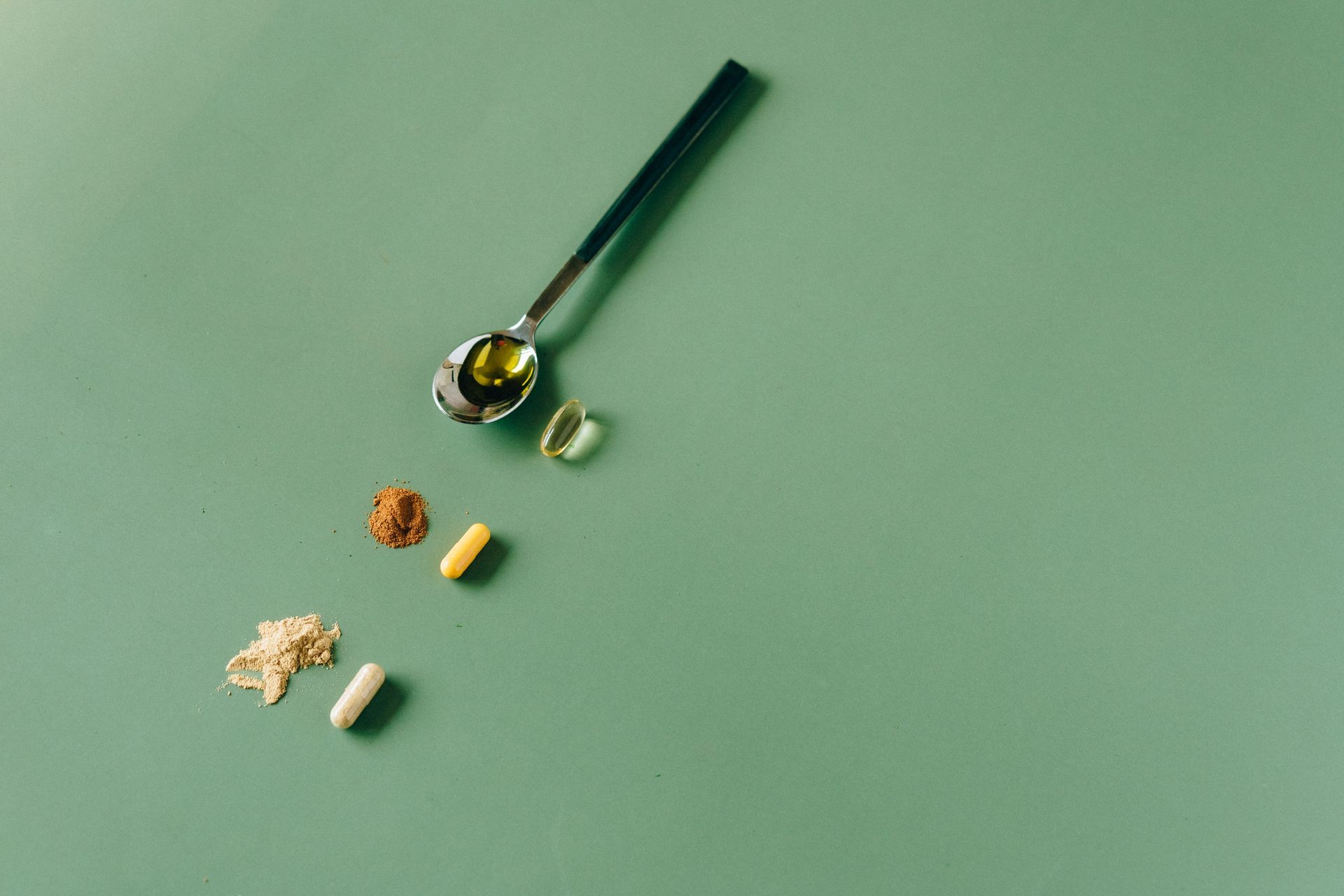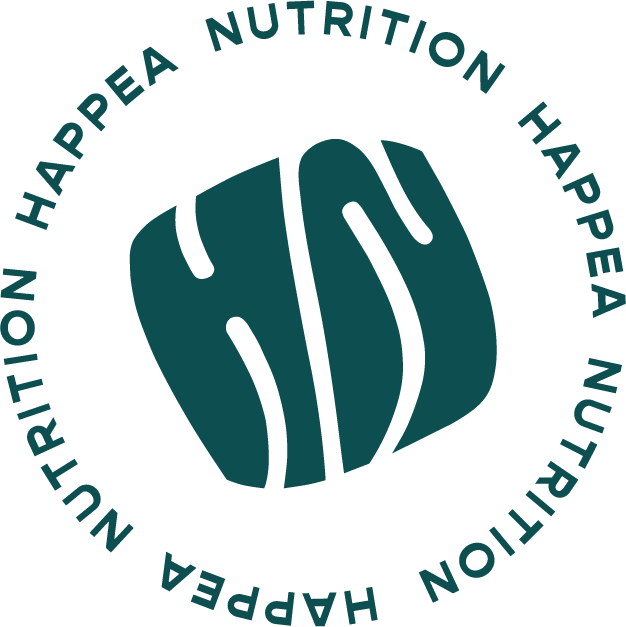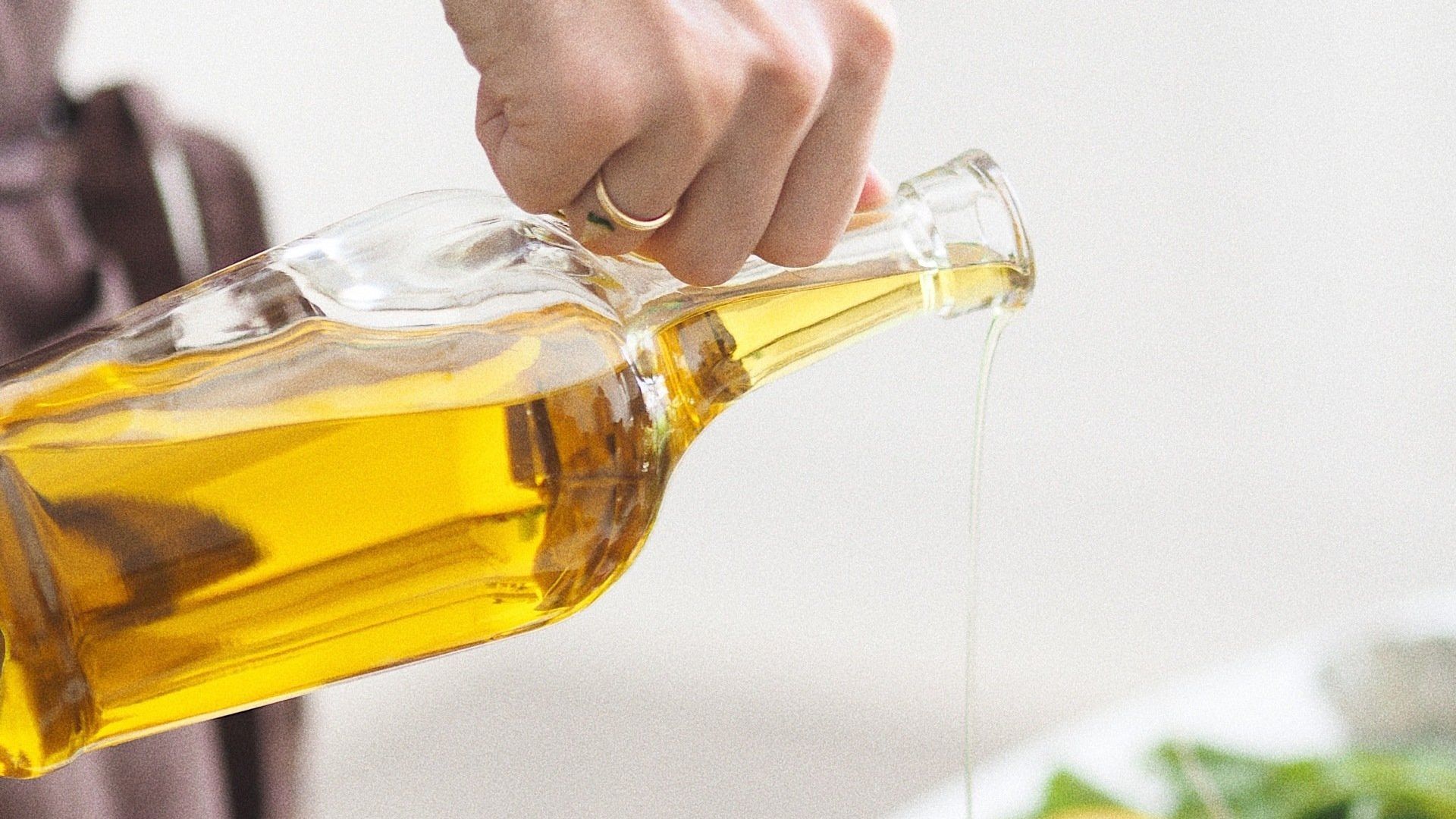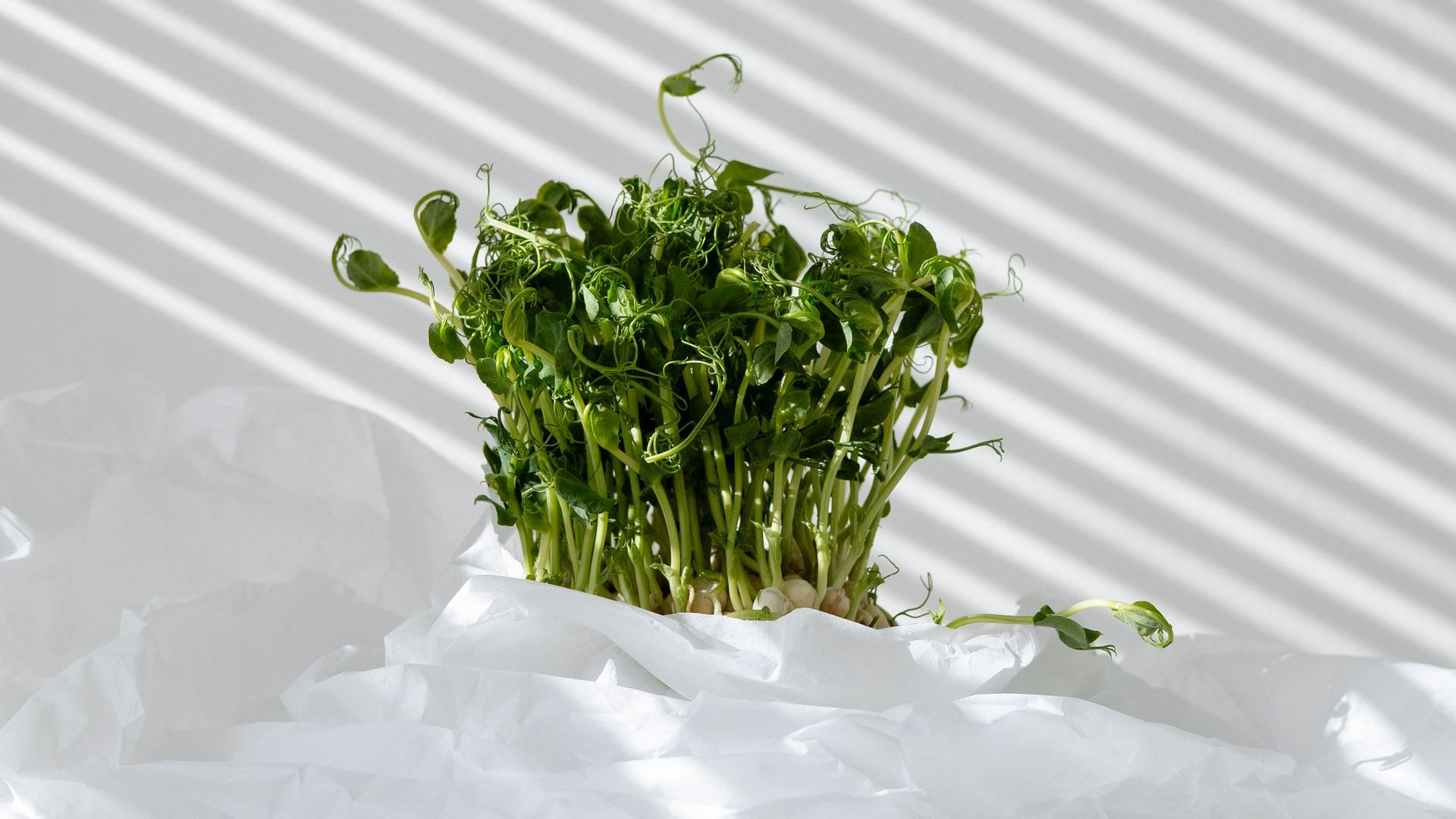Can foods boost the immune system?
Can foods boost the immune system?
We are officially deep into flu season and COVID cases are surging again, so obviously the immunity boosting trend is going strong. While this is mostly another way of the wellness industry to push useless supplements, I see many fellow dietitian jump on the immunity-boosting wagon and I feel like it’s time to get straight to the facts.
How does the immune system work?
Well… this is a complex question and we probably don’t want to go into too much detail. The basics are simple though: your immune system protects you from harmful foreign substances such as bacteria and viruses.
The immune system can be activated by a lot of different things that the body perceives as foreign. The great thing about your immune system is that once it has come into contact with a disease-causing germ and figures out how to eliminate it, it can store this information for when the germ enters your body again. That way it can start making you healthy faster.
We actually have two types of immunity: one is non-specific and provides general protection to all foreign substances. The other one is specific and makes antibodies for specific germs. This is also referred to as acquired immunity and is what happens when you get vaccinated.
What is a healthy immune system?
A healthy immune system is balanced. It is able to protect you but it is not overly active or under-active. When you have an over-active immune system, you might get too much of an immune response. This is just as bad as too little immunity.
How do I tell if my immune system works?
Contrary to what you may be reading online, having symptoms is a sign of your immune system being healthy. Once a virus or germ enters the body, it will never magically disappear. What happens, is your immune system has to respond to the invader in one way or another.
This is when you may start feeling symptoms such as fatigue, a fever, a runny nose, congestion and muscle aches. Sometimes, you might not notice that there is an immune response. This is often the case when your body knows the germ it is dealing with well and already knows how to respond to it (i.e. has build some immunity). If a substance that you never had to fight before enters, it may cause a more severe immune response. In any case, the fact that you get symptoms does not mean that your immune system is weak - it only means it works!
How do I boost my immune system?
The thing is, that as of today we know very little about how to control immunity. As evident by the very name, immunity is a system, not a single organ or cell. For proper functioning it requires balance. You also probably don't really want to boost your immune system. When you have an overly active immune system, you are likely to have allergies or an autoimmune condition. While most of these conditions are manageable, I don’t think they are desirable.
Additionally, science has not yet identified a single food or substance that increases or decreases the functioning of the immune system. What matters is overall diet quality as well as other lifestyle factors, such as physical activity, how much fresh air you get, or how much sun exposure you get. What also plays a large role is simply genetics.
While true that many nutrients, such as vitamin C, zinc, or vitamin D are essential for the proper functioning of our immune system, an excessive amount of those nutrients will not necessarily boost it. A balance is what is needed for healthy immunity and in some cases, overloading on one vitamin will do more harm than good. In most healthy adults, a healthy diet is sufficient to get enough nutrients. Vitamin D might be hard to get in though the diet, which is why it is important to check levels frequently and take a supplement as needed. Even if you take a supplement, that doesn't mean you are never getting sick again because in many cases, symptoms are a sign of the immune system protecting you.
Bottom line is, you don’t have as much control over how your immune system functions as some of these wellness websites make you believe.
How to stay healthy?
All of this is not to say you are doomed to be sick all the time. Because the immune system is so complex, overall healthy lifestyle choices will support the balance that is needed for a proper immune response. Make sure you are eating a balanced diet, rich in fruits, veggies, whole grains, lean protein, and healthy fats. These foods support overall health, hence a healthy immune system. Staying physically active is also a great way to ensure your body is prepared to carry out all functions well.
However, food is not medicine! There is also no evidence that Hippocrates ever literally said this and even if he did, he probably isn't very up to date on modern medicine. The best way to avoid getting sick is staying away from sick people, washing your hands, and getting all recommended vaccines. And once you do get sick, soup is amazing, but please take actual medicine.
The very idea that you are responsible for how sick you get is just another way to make you feel guilty. As long as you do enough to protect yourself and others, get vaccinated, and live a fairly healthy lifestyle, you are not responsible for feeling sick. How the immune system works is mostly genetic and pretty much out of your control. The wellness industry loves to make you feel like you have so much responsibility and control over how the body carries out process… Which is mostly incorrect.
Share this



